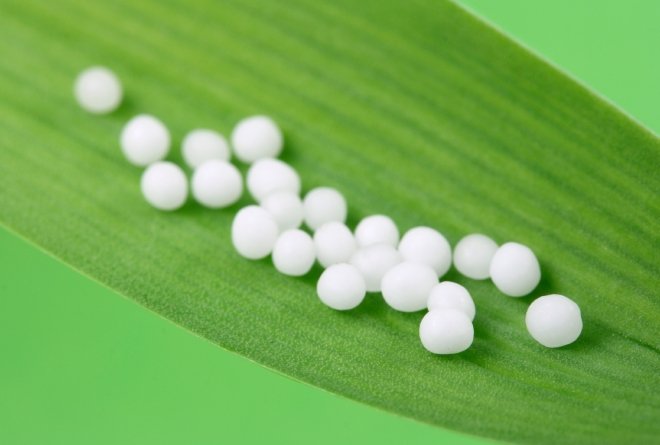Ten homeopathic remedies for the postpartum period
 Homeopathy is safe and gentle energetic medicine used to support our bodies, minds and spirits from the inside out. Homeopathic remedies are available at local health food stores including Whole Foods and local co-ops. Over the counter dosages of the following remedies (at 10x to 30x) can be used to treat issues that may arise after birth (follow directions on the bottle or given by a care provider). Dr. Amy and Monica at Health Foundations are both trained in naturopathic medicine and can also advice on appropriate remedies for you or your family.Here are ten homeopathic remedies that may help women after birth, as they heal physically and adjust to the intense transformation they’re undergoing. Many of these are great for mood disturbances that can come after birth.
Homeopathy is safe and gentle energetic medicine used to support our bodies, minds and spirits from the inside out. Homeopathic remedies are available at local health food stores including Whole Foods and local co-ops. Over the counter dosages of the following remedies (at 10x to 30x) can be used to treat issues that may arise after birth (follow directions on the bottle or given by a care provider). Dr. Amy and Monica at Health Foundations are both trained in naturopathic medicine and can also advice on appropriate remedies for you or your family.Here are ten homeopathic remedies that may help women after birth, as they heal physically and adjust to the intense transformation they’re undergoing. Many of these are great for mood disturbances that can come after birth.
Arnica
Arnica is commonly used for bruising and can aid in healing the perineum and other tissues after birth. It can also be used for afterpains and uterine cramping that can occur with nursing.
Bellis Perennis
This homeopathic remedy can be used in the postpartum to treat abdominal symptoms. It too can be helpful for bruising and injury related to birth, as well as afterpains. It can also support healing after a tear. It may help women who have had a C-section.
Sepia
Sepia is one of the best remedies for assisting women experiencing hormonal changes, making it great for the postpartum period. It can be especially helpful in women experiencing the baby blues or even postpartum depression—those who may feel irritably, apathetic, resentful, or burdened. Women who benefit from this remedy may also feel indifferent to the birth experience and have trouble bonding with the baby. This remedy can also help with pelvic weakness or uterine prolapse.
Phytolacca
This homeopathic remedy can be helpful for issues arising with breastfeeding, including engorgement, painful nipples, and plugged ducts.
Natrum muriaticum (Nat Mur)
This remedy can be helpful when a woman is experiencing feelings of disappointment about the birth experience or overall outcome. It can help when one feels irritation at other’s attempts to console them even though they are sad. Women needing this remedy may also get headaches or heart palpitations when depressed.
Pulsatilla
This remedy can aid women who are feeling emotionally sensitive and prone to tears in the postpartum. These women may feel needy and insecure, wanting constant affection, reassurance, and nurturing. Getting fresh air and avoiding warm stuffy rooms can help. Finding a way to express/release the emotions in some way also greatly assists women experiencing this heightened sensitivity in the postpartum.
Phosphorus
This remedy is good for women who are experiencing anxiety and fear that something bad will happen to themselves, the baby, or others. This woman may have a hard time being alone. Many women who experience these fears and anxieties in the postpartum also experience heightened sensitivity to stimuli and exhaustion.
Calms Forte
This is a wonderful and very gentle sleep aid, helpful for women who are exhausted but having trouble sleeping and adjusting to their drastically altered sleeping rhythms.
Calcarea carbonica
This remedy can help women overwhelmed in the postpartum. For thes women, weakness and fatigue may lead to depression, anxiety, insomnia, and nightmares. A person who needs this remedy often feels sluggish, cold, and easily tired by exercise.
Cimicifuga
This remedy is for emotionally and hormonally based depression. A woman needing this remedy may feel “a dark cloud” has crept over her life and that nothing is right. Anxious and low-spirited, she may begin to believe she is incapable of caring for the baby. Alternatively, she may become excitable and talkative, saying and doing irrational things.
If you are dealing with challenging emotional or physical symptoms after birth, please reach out and connect with your care providers and your personal support team of friends and family, who can all help you.
